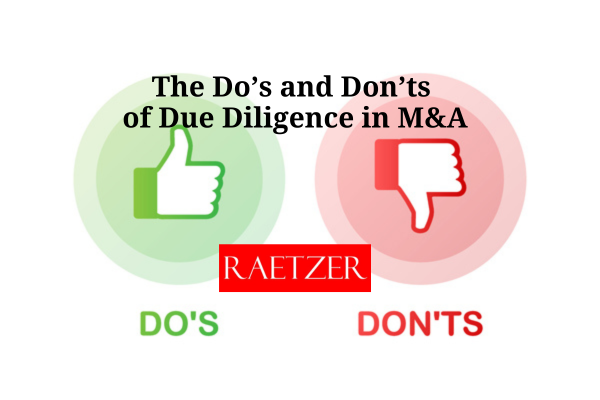Sometimes small business owners find themselves bound to contracts that seem unfair, were not fully understood or the market has made a drastic shift. If you’re wondering whether you can get out of a contract, here are some factors to consider.
1. Review the Contract Carefully
Before assuming you must comply with a demand, review the contract thoroughly. Ensure that it explicitly requires you to perform the actions the other party is asking. A clear understanding of the contract’s terms regarding your specific situation is essential.
2. Check for Termination Clauses
Look for any clauses that provide an option to terminate the contract. If such a clause exists, follow the required steps precisely to end your obligations under the agreement.
3. No Termination Clause?
If the contract doesn’t have a termination clause or seems open-ended, you may still have the right to end it with reasonable notice. Open-ended contracts can typically be terminated, but obligations that arise before termination must still be fulfilled (e.g., paying for services already provided).
4. Is the Other Party in Breach?
If the other party hasn’t fulfilled their contractual obligations, you may have grounds to terminate the contract due to a material breach. A material breach is a substantial failure that defeats the contract’s primary purpose. However, minor issues (like a late invoice) don’t usually qualify.
5. Is the Contract or Clause Enforceable?
Not all contracts or provisions are enforceable. In some cases, a court may find a contract or certain clauses unenforceable, providing a defense if the other party sues for breach. Common scenarios include:
- Consideration: For a contract to be enforceable, both parties must receive something of value. If this is missing or the terms are too vague, the contract may be unenforceable.
- Fraud: If you were misled or tricked into signing, such as by fraudulent statements or unauthorized contract changes, you might not be legally bound. This can be challenging to prove, so always double-check contracts before signing.
- Illegal Provisions: Courts won’t enforce contracts involving illegal activities or terms that violate public policy, like unreasonable non-compete clauses or penalty provisions not tied to actual losses.
6. Is the Contract’s Purpose Frustrated?
“Frustration of Purpose” is a doctrine that may apply if unforeseen events fundamentally alter the contract’s purpose. This is different from “force majeure” clauses, which are specific contractual terms covering certain disruptions. However, frustration of purpose is rarely accepted by courts and typically applies only when the contract’s central purpose has been nullified.
And if none of the above apply, consider simply talking to the other party. They may be open to termination or substantial revision (e.g., you can terminate the contract if you find a suitable replacement) if it allows them to service / sell goods to a more desirable customer or if it’s a lease they may be able to rent the space for more than your paying. There are a lot of creative solutions and we’d love to speak with you about any issues your facing.




